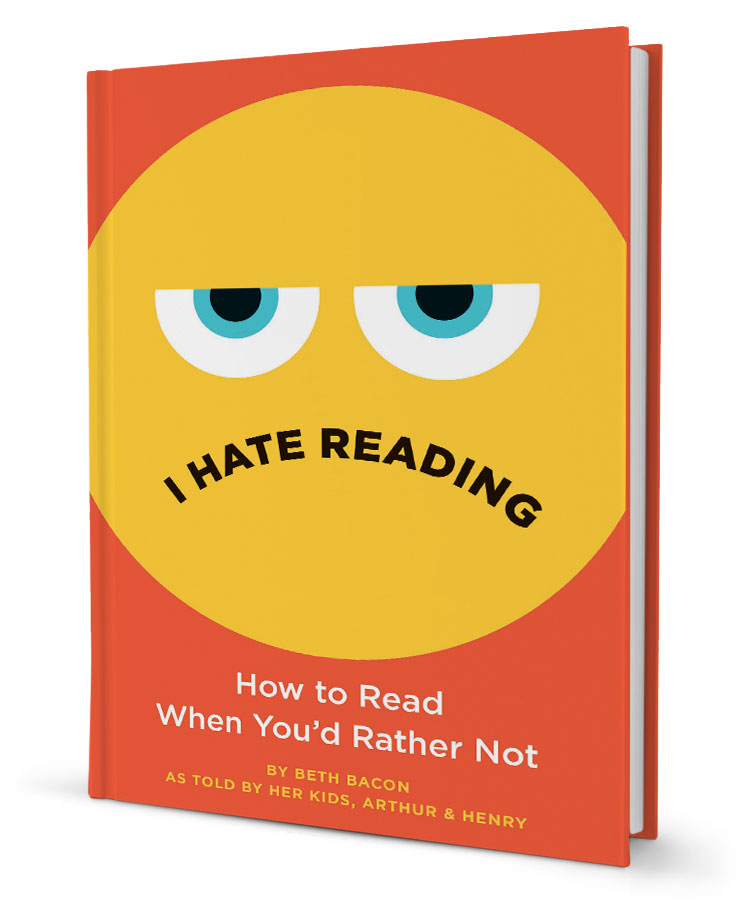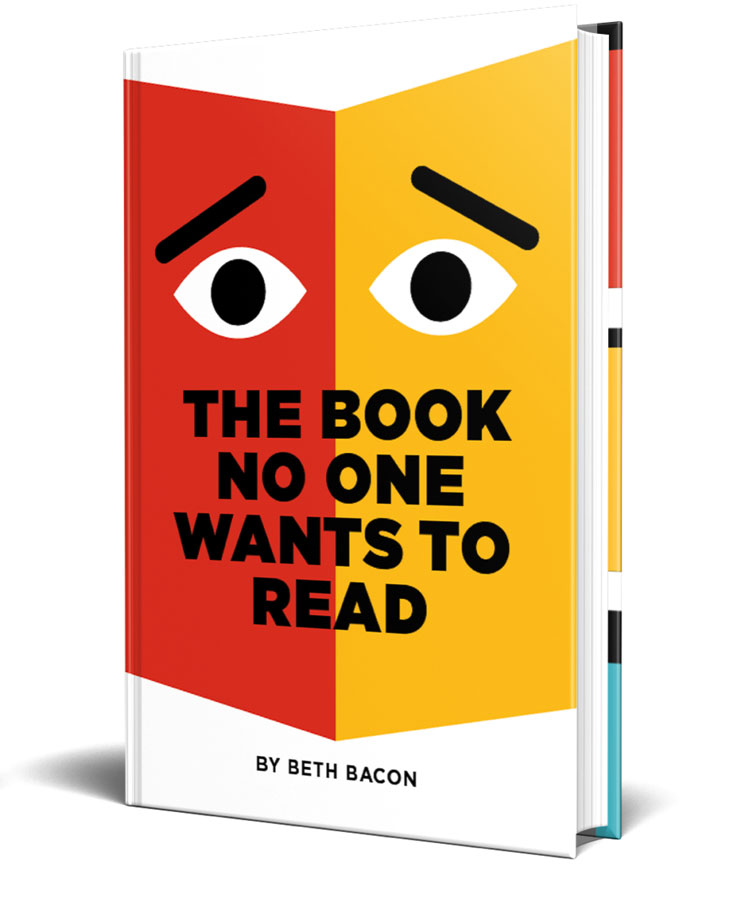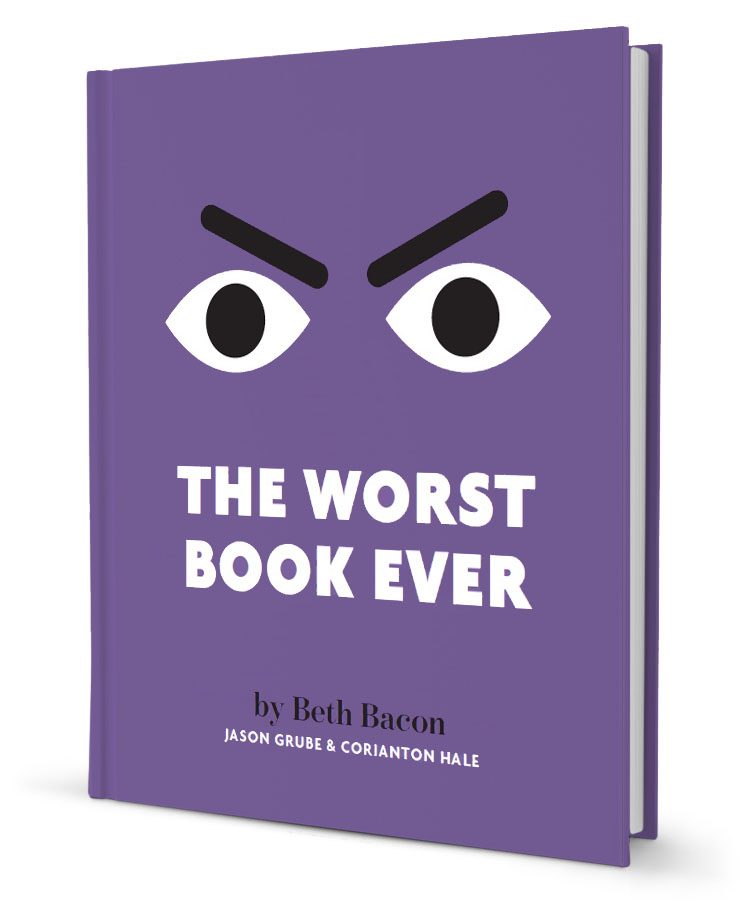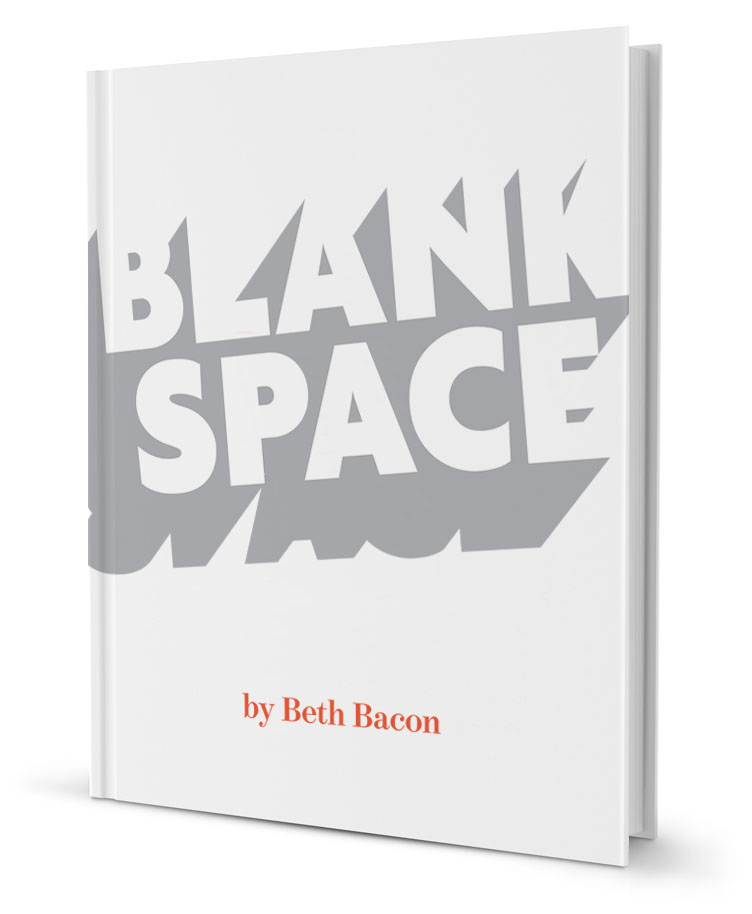Guest Post By Jacqueline Bach
 It’s often difficult to identify where our high schoolers are in their reading abilities. I’ve come across many “struggling readers” in my experience as a high school English teacher and now as a teacher educator who works with future teachers. But what exactly is a struggling reader? How do we know they are struggling, and what can we do? I’ve put together a list of solutions I’ve developed over the years that seems to work rather well.
It’s often difficult to identify where our high schoolers are in their reading abilities. I’ve come across many “struggling readers” in my experience as a high school English teacher and now as a teacher educator who works with future teachers. But what exactly is a struggling reader? How do we know they are struggling, and what can we do? I’ve put together a list of solutions I’ve developed over the years that seems to work rather well.
Identifying Reluctant Readers
First, it’s hard for a teacher who has anywhere between 100 and 150 students to identify a struggling reader. Chris Tovani discusses this issue in her book, I Read It, But I Don’t Get It. Her premise is that by the time struggling readers reach high school, they have learned how to fake reading. They’ve learned you don’t have to read an entire story in order to participate in classroom discussion and activities; you can listen to your teacher and your peers who will give you enough information to pass the test. And, a teacher can’t assume that just because a student doesn’t read something or perform well on a test, it’s not related to something other than a reading “problem.” Perhaps the student is having a bad day, thinks the text is boring, or is simply rebelling against the system—isn’t that why we love teenagers?
Second, I’ll take my own family’s experience as a case study. For the record, I don’t think my ninth-grade son struggles with reading. Is he an avid reader? No. As far as I can tell, he reads (1.) because he has to for a school assignment, (2.) because I make him, (3.) because a friend suggests a book to him, (4.) because he’s interested in learning more about a topic (usually related to a musical which is why he read Les Miserables and started Hamilton’s biography). I think this is a generic description as to why most high schoolers read.
Are Reading Levels Useful?
Still, we do have these things called standardized tests that can help us identify whether we’re a good teacher and what struggles our students might have with reading (and yes, I am being a bit sarcastic here). My state’s test, the LEAP, describes that the English test for the ninth grade measures a student’s ability to conduct “A careful, close reading of complex, grade-level literary and informational texts.” As a parent, I get annual test results at home that tell me what level my son is at in somewhat nonuseful jargon. The middle level is the “Basic” level of reading, which they describe as:
“Basic: students performing at this level have nearly met career and college readiness expectations and may need additional support to be fully prepared for the next level of studies in the content area.”
So, what are some approaches to address our struggling readers? One goal is to just get them reading. Below are some tips based on my experiences.
Do’s For Parents Engaging Struggling Readers
Jackie’s Do #1
Give students things to read that they like. It’s that simple. Don’t know what they like? That’s what librarians are for.
Jackie’s Do #2
Give them time to read. I know, I know, that’s next to impossible. Some of the strategies I use with my son include leaving books in the car for him, listening to audiobooks, asking him to read a book and tell me if he thinks his cousin (who’s one year younger) might like it.
Jackie’s Do #3
Do explore digital options. Many public libraries lend books digitally now and many digital books have interactive features.
Jackie’s Do #4
Do visit your local library or bookstore. Many have amazing teen programming (like video game tournaments) and once you get a teen into a room filled with books and readers, they may pick something up.
Jackie’s Do #5
Do read. Let your child see you read—anything. I know that’s advice we see all of the time on public service announcements, but it can’t hurt.
Don’ts For Parents Of Struggling Readers
Jackie’s Don’t #6
Don’t criticize your student’s skills, compare them with others, or expect them to read what you think they should be reading. Trust me—these are horrible ideas.
Jackie’s Don’t #7
Don’t use an elementary strategy to teach a high schooler how to read better—no flash cards with sight words, basal readers, or phonics workbooks. Try magazines, graphic novels and high interest books. Don’t know of any high interest books? See a librarian.
Jackie’s Don’t #8
 Don’t choose easier books as a way of helping them. This is a hard one and one of the reasons why I don’t like the way reading programs, like Accelerated Reader, work. One of my relatives whose child was beginning accelerated reader refused to let her child read anything not on her child’s identified level. Well, her child really wanted to read the Percy Jackson series. As someone who was never told what my reading level was until high school and spent hours in the library picking up whatever book that was on display that looked good or on the shelf at home, I either read it, put it down, or skimmed it. I am fully confident that her child would not have been harmed by reading The Lightening Thief. The harm would have come from being told it was above her level and the potential failure that might have come if she didn’t pass a multiple choice test. And, just for the record, I am not condemning reading programs like this or others (cough, cough, Read 180). I am just questioning how they are used by parents, teachers, and school districts.
Don’t choose easier books as a way of helping them. This is a hard one and one of the reasons why I don’t like the way reading programs, like Accelerated Reader, work. One of my relatives whose child was beginning accelerated reader refused to let her child read anything not on her child’s identified level. Well, her child really wanted to read the Percy Jackson series. As someone who was never told what my reading level was until high school and spent hours in the library picking up whatever book that was on display that looked good or on the shelf at home, I either read it, put it down, or skimmed it. I am fully confident that her child would not have been harmed by reading The Lightening Thief. The harm would have come from being told it was above her level and the potential failure that might have come if she didn’t pass a multiple choice test. And, just for the record, I am not condemning reading programs like this or others (cough, cough, Read 180). I am just questioning how they are used by parents, teachers, and school districts.
Reading all the time
One of the greatest gifts we can give is a love of reading. However, the way our teenagers read today might not be like the way that we read. They are actually reading all of the time—online, on their phones, even on their video games (which is how I swear my son learned to read—thank you, Paper Mario).
Comprehension counts
Where students struggle with reading in high school is in comprehension—do they understand what they are reading, what the purpose of the text is, and what is its main message? Developing these skills means talking about what they reading, reflecting on its purpose, and finding the proper motivation to read something. And, telling them it’s for a grade so they can get into college might not do it. However, winning a contest might. My son’s librarian, for example, sponsored a book trailer contest inspiring lots of students, including my son, to engage with literature. (See my son’s digital book trailer for Nathan Hale’s graphic novels.)
Helping them find what they like to read and how to find more books like that is the best way to prepare life long readers.
About our Guest Blogger
Jacqueline Bach is Associate Professor of English Education at Louisiana State University, Baton Rouge, LA. She has a professional website https://www.lsu.edu/chse/education/faculty_and_staff_directory/bach.php and occasionally blogs with her son at at https://doctorprofessormom.blogspot.com.





0 Comments